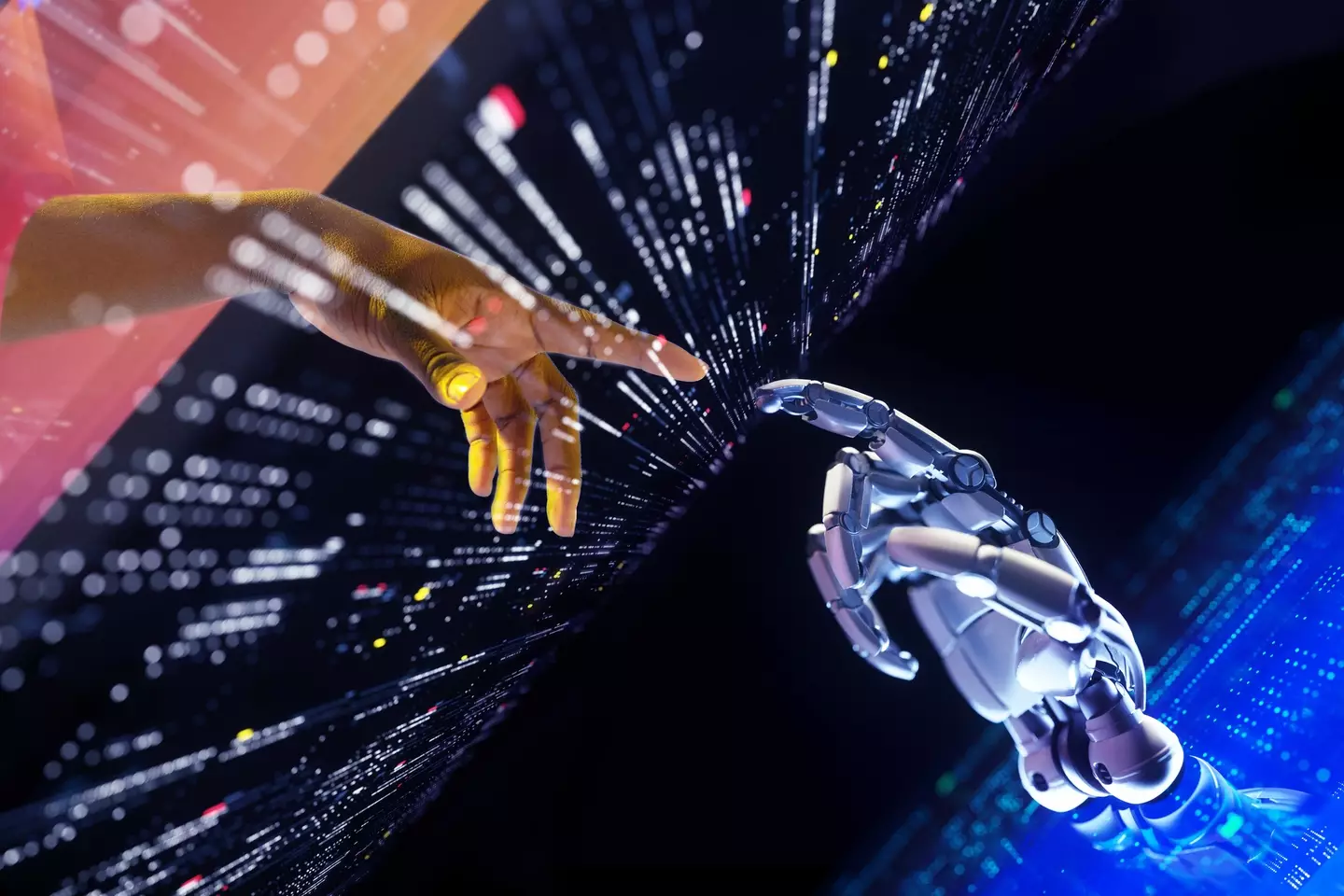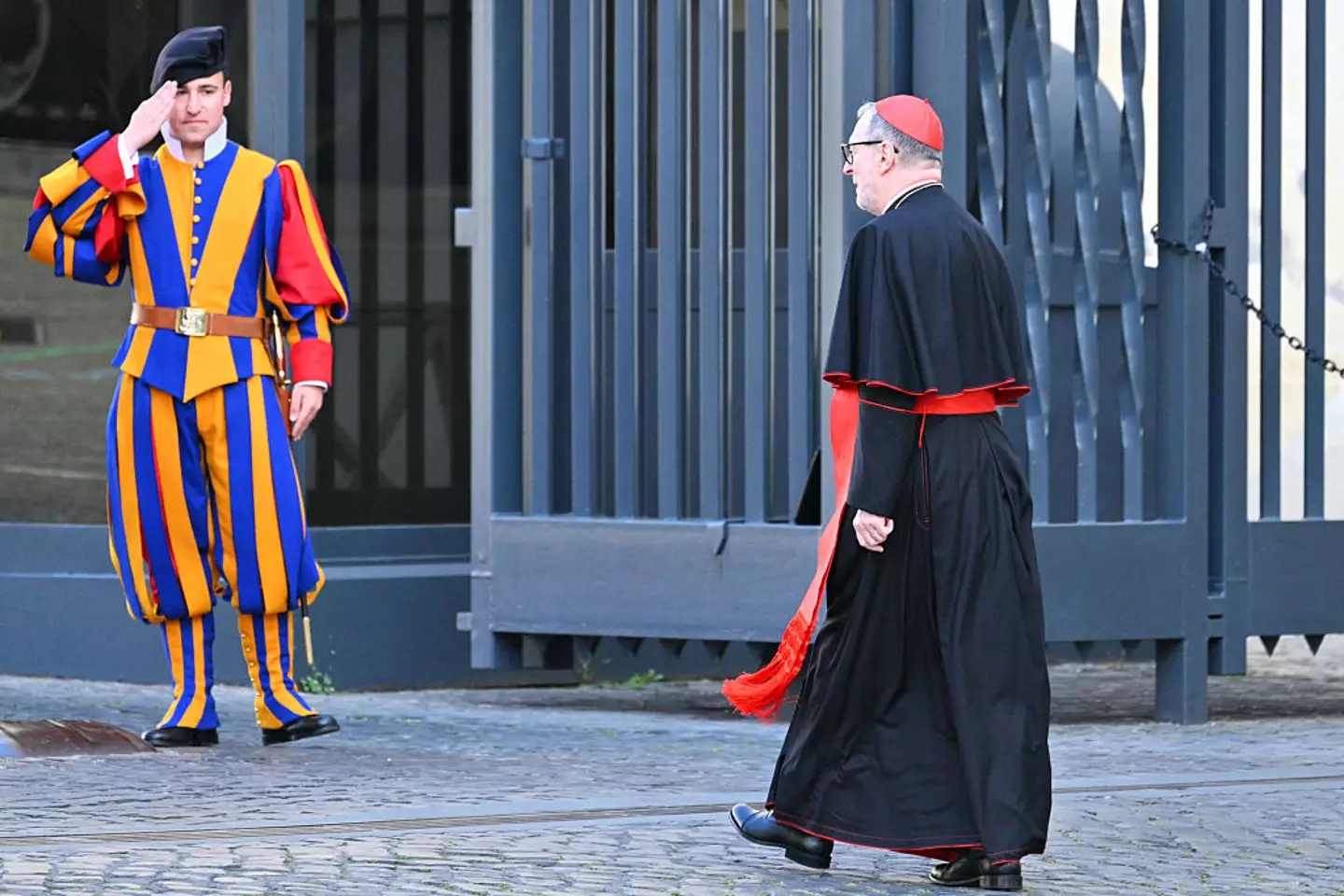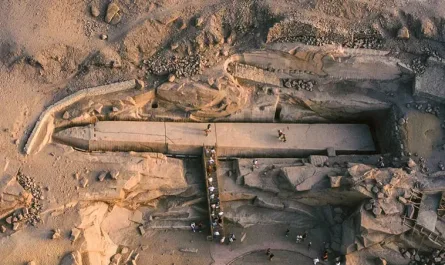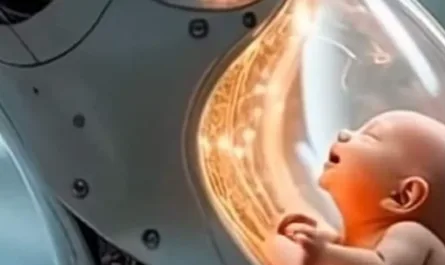AI proved to be a concern for the pope before his death
While some key names across the tech world have raised concerns surrounding the rapid development of artificial technology, even the Vatican has weighed in with their own worries, warning of the ‘shadow of evil’ in AI just before Pope Francis’ death.
Artificial intelligence – particularly in its generative form – has proven to be one of the most impactful pieces of new technology in the last few decades, having exploded in popularity a few years ago with the release of ChatGPT.
What once began with simply chatbot-like tools has grown far beyond that, being now capable of producing lifelike images and potentially even vaccines for cancer in the near future.


Artificial intelligence is developing rapidly, and its advancements could carry a worrying future if not controlled (Getty Stock)
One of the biggest milestones for AI development in the near future is what’s referred to as ‘artificial general intelligence’ (AGI), which denotes the point where AI would prove capable of matching and perhaps even exceeding the capabilities of humans.
CEO of Google‘s DeepMind AI lab has estimated that this could arrive somewhere within the next five to ten years, but the Vatican has warned that this new technology could bring with it a number of ethical risks.
As reported by The New York Times, the Vatican has called for oversight of AI developments, indicating that the technology offers “a source of tremendous opportunities but also profound risks.
“In all areas where humans are called to make decisions, the shadow of evil also looms here,” the Vatican wrote in reference to the deployment of AI. “The moral evaluation of this technology will need to take into account how it is directed and used.”


The Vatican has warned of a ‘shadow of evil’ that could posses the future of AI developments (Andreas Solaro/AFP via Getty Images)
Pope Francis echoed similar sentiments in his last ever monthly prayer prior to his passing, warning the world of the dangers that new technology – including AI – can produce, and urging people to not forget the importance of real life human connection.
Mirroring concerns raised by the ‘Godfather of AI’ Geoffrey Hinton, the Vatican’s statement worries that the power of AI to create and spread misinformation could lead to a destabilization of society, declaring: “Such widespread deception is no trivial matter; it strikes at the core of humanity, dismantling the foundational trust on which societies are built.”
Even those within the AI world share similar worries, as one Jeff Bezos-backed CEO has insisted that as development begins to achieve the goals outlined by AGI, humans must maintain control over the tech and that the future of the world is shaped not by AI but by our own actions.
There could be some hope when it comes to the potential of AI developments, as it could unlock previously impossible medical advancements and, in theory, free the world of unfavorable tasks. However, experts also warn that it could lay a ‘fertile ground for fascism’, so like the Vatican suggests it all depends on how it’s used and to what purpose.


